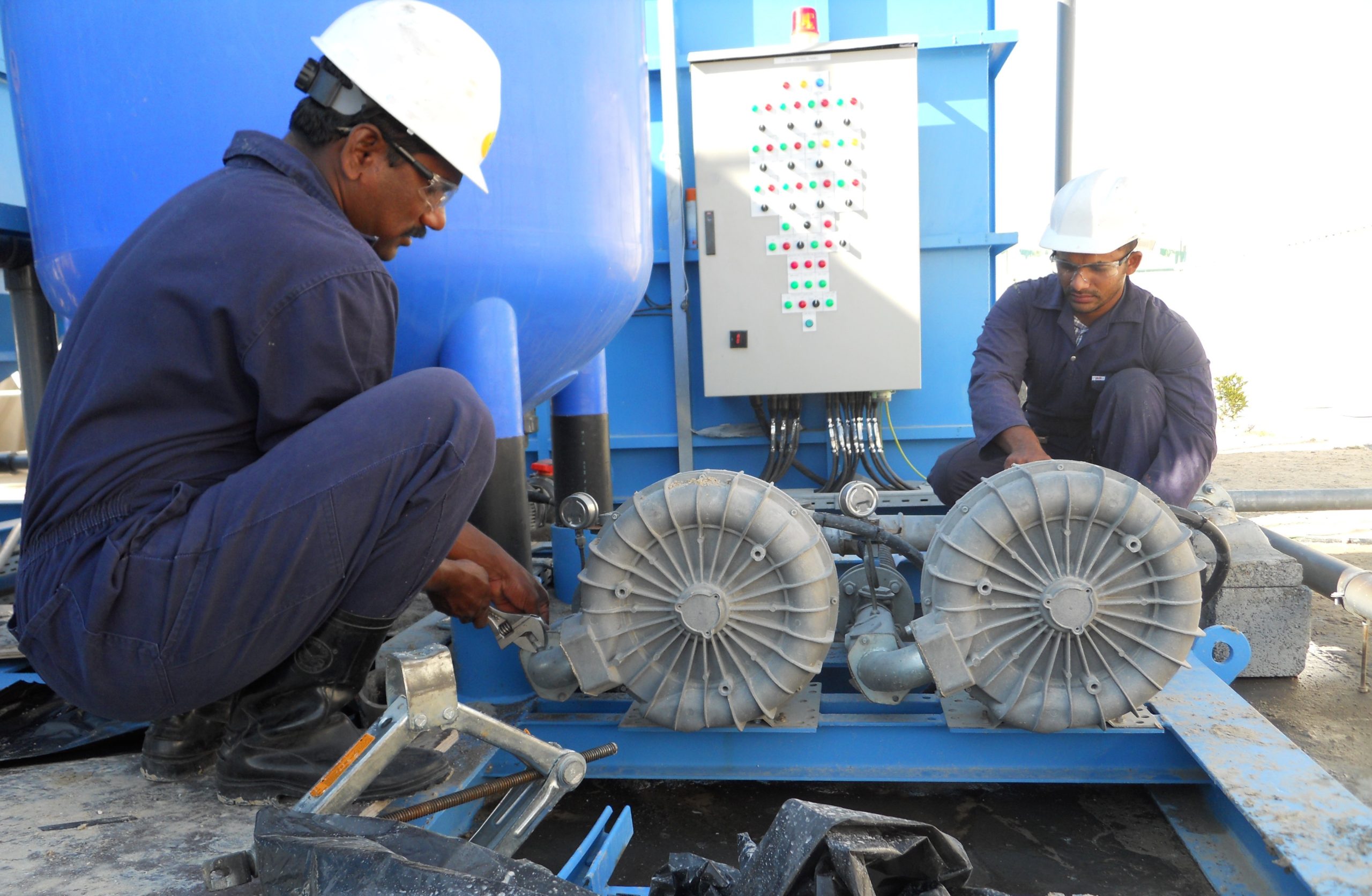Operating a wastewater treatment plant involves significant expenses, including workforce, waste disposal, energy, and materials costs. Implementing effective strategies can help reduce these operational costs without compromising treatment quality. Here are ten proven methods to achieve cost savings and enhance efficiency:
-
Upgrade Pump Stations: Investing in energy-efficient pumps and optimizing pump operations can lead to substantial energy savings. Regular maintenance ensures pumps operate at peak efficiency, reducing energy consumption and maintenance costs.
-
Optimize Aeration: Aeration is a major energy consumer in wastewater treatment. Implementing advanced control systems and fine-tuning aeration processes can enhance oxygen transfer efficiency, leading to reduced energy usage.
-
Improve Sludge Management: Adopting efficient sludge dewatering and stabilization techniques can decrease disposal costs. Exploring options for beneficial sludge reuse, such as in agriculture or as a bioenergy source, can further offset expenses.
-
Recover or Recycle Essential Nutrients: Implementing nutrient recovery systems allows for the extraction of valuable resources like phosphorus and nitrogen from wastewater, which can be sold or reused, generating additional revenue streams.
-
Reduce Chemical Disinfection: Exploring alternative disinfection methods, such as ultraviolet (UV) irradiation or ozonation, can reduce reliance on chemicals, lowering both costs and environmental impact.
-
Update Lighting and HVAC Systems: Upgrading to energy-efficient lighting and optimizing heating, ventilation, and air conditioning systems can result in significant energy savings across the facility.
-
Leverage Gravity: Designing processes that utilize gravity flow can minimize the need for pumping, thereby reducing energy consumption and maintenance requirements.
-
Automate Operations: Implementing advanced automation and control systems enhances process efficiency, reduces manual labor, and allows for real-time monitoring and adjustments, leading to cost savings.
-
Adjust the Size of Installed Equipment: Ensuring that equipment is appropriately sized for the facility’s capacity prevents energy wastage and reduces operational inefficiencies.
-
Diagnose Costly Processes: Conducting regular audits to identify and address inefficient processes or equipment can lead to targeted improvements, resulting in cost reductions and enhanced performance.
By adopting these strategies, wastewater treatment plants can achieve significant reductions in operating costs while maintaining or improving treatment effectiveness. Implementing energy-efficient technologies, optimizing processes, and exploring resource recovery opportunities are key steps toward sustainable and cost-effective wastewater management.

